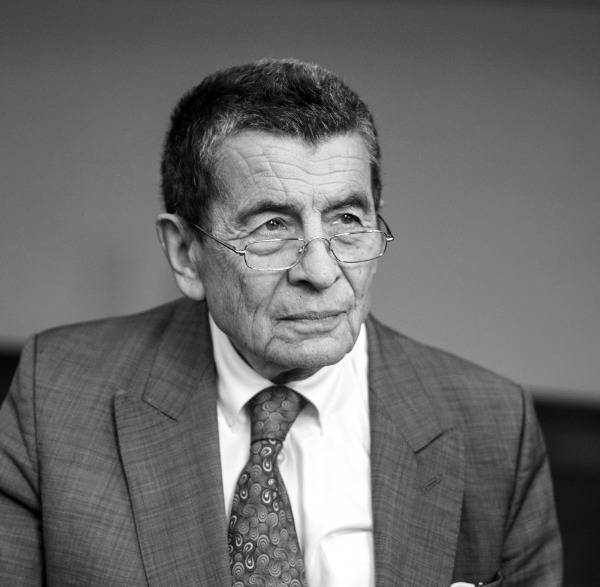A spectre is haunting Africa – the spectre of homosexuality. Over the past decade, a curious and totally unlikely coalition of religious leaders, the ruling class and sections of the mainstream media has launched a vigorous campaign against homosexuality and perceived homosexuals. Trading in the most spiteful rhetoric and symbols imaginable, members of this alliance have sung from the same hymnal, affirming, implausibly, that homosexuality is a recent import into Africa and that homosexuals are responsible for the continent’s postcolonial throes. Not unpredictably, the alliance’s investment in hate has yielded bountiful dividends of violence and murder. In January, the Ugandan teacher and gay rights activist David Kato was murdered by yet unidentified assailants after a national news magazine in the country “outed” (Kato never attempted to hide sexual orientation) him as gay and openly urged his execution. Ugandan police were suspiciously quick to blame his death on a botched robbery operation.

Even so, the situation in the West hardly compares with the atmosphere of competitive denigration found across most of Africa today. I advance two preliminary explanations. The first is economic. It is hardly a coincidence that the two countries where anti-gay rhetoric has been most strident in Africa – Zimbabwe and Nigeria – are also two of the most economically destitute. In both countries, the percentage of the population “living” on less than a dollar a day has risen steadily over the past two decades. Average life expectancy, according to the 2011 Failed States Index (where both are ranked 6th and 14th respectively) is 33.5 for Zimbabwe and 48.3 for Nigeria. In both countries, a frustrated quest for a rational explanation for economic crisis has produced an implausible demonology in which gays, lesbians and sexual “deviants” of all sorts apparently team up with sundry “demonic forces” to ambush not just those countries’, but Africa’s economic progress (incidentally, South Africa, with the most liberal sexual laws in Africa, is also the continent’s most economically advanced country).
The situation in both Zimbabwe and Nigeria seems to validate the link between material privation and political suggestibility. Where people are poor and poorly educated (or not at all), they are more susceptible to political manipulation by demagogues who parrot easy explanations for complex and fundamentally rational economic problems. In most of Africa today, the insidious fiction that the “gay next door” bars the way to economic progress has been the cue for a massive pink-hunt. The parliament in Uganda is currently mulling over legislation to impose the death penalty on homosexuals. In Nigeria, the Same Sex Marriage Prohibition Act of 2006 expressly criminalises homosexuality and same sex marriage. In Zimbabwe, Dr Martin Ssempa, surely Africa’s most virulently homophobic preacher, bludgeons the poor with graphic images of the “sickening” things that gays get up to, ironically enough, in the privacy of their bedrooms.
None of this politico-economic explanation can be meaningful without a connection to the expanding influence of religion in Africa. This is my second explanation. Over the past three decades, much of the continent has fallen under the scourge of Pentecostal Christianity. As a social phenomenon, one with key transnational connections, Pentecostal Christianity in Africa has carried a moralist and doggedly anti-intellectual banner. On the one hand, Pentecostalism manifests as a moralising force that narrates Africa’s economic and political crises as an inevitable outcome of public immorality (and what can be more immoral than two men or two women going at it in their bedroom?), a situation, it would seem, that can only be rectified by a collective return to the straight and narrow. As an anti-intellectual force, Pentecostalism in Africa is profoundly ahistorical in that it eschews human, especially political, agency in favor of pseudo-spiritual “explanations”.
This is the overall anti-intellectual, anti-rationalist climate in which gays have become, quite literally, African societies’ whipping boys. I emphasise this climate in order to drive home an important point: given the atmosphere of pervasive irrationality, gays are only one among many other “enemies”. In Nigeria for instance, an ever growing list of “demonic forces” has recently expanded to include so-called child “witches” who are blamed for even economic problems that pre-date their conception. In the most tragic examples, brainwashed parents have colluded in the killing of their own children.
With many evangelical upstarts naively promising salvation in exchange for gays’ renunciation of “sodomy”, the continent is once again chasing shadows at the expense of real solutions to its serious problems. Such problems may vary in manifestation and degree, but they are unified by their being traceable to a common set of factors, foremost among which are elite myopia and failure to invest in human capital and physical infrastructure. These problems require urgent and, suffice to add, rational attention, and as it is, African governments’ capacity to deal with them is hobbled by their failure to keep their highly-skilled young men and women at home. These are the things we should be obsessing about, not what the dude next door is up to when the lights are out.

